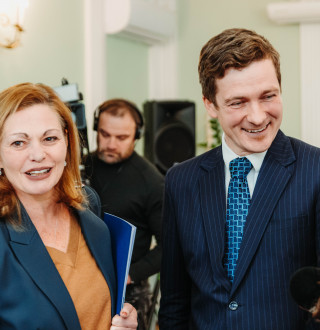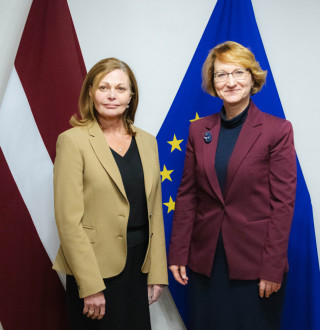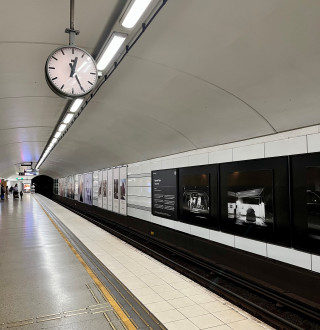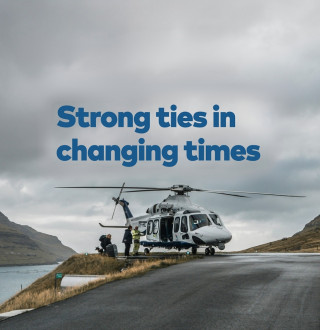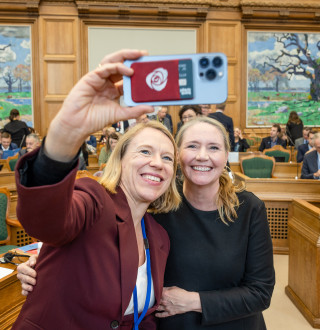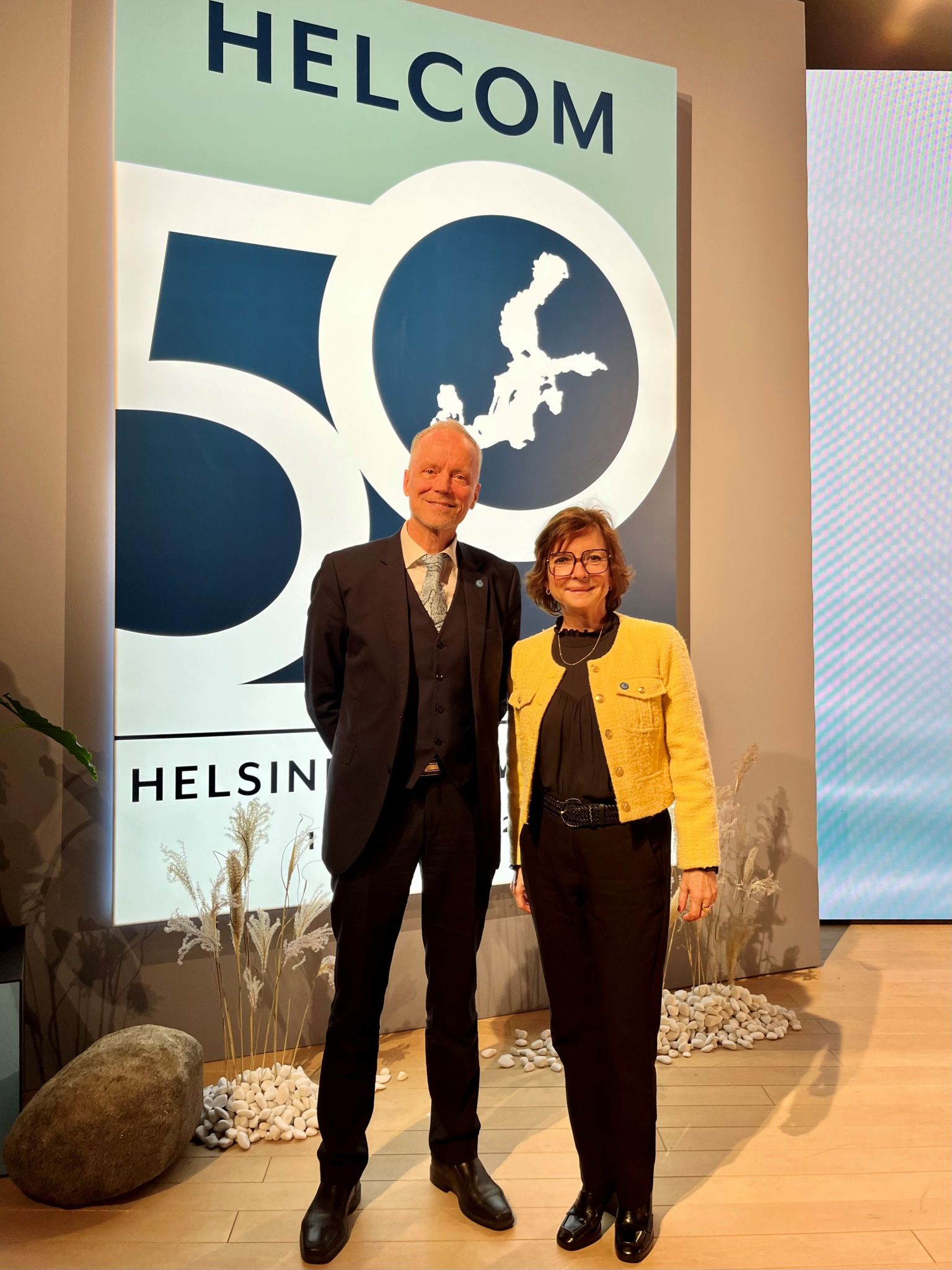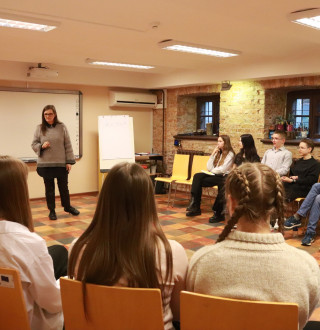On 25 April, a celebration was held in Riga to mark the 50th anniversary of the Helsinki Convention and HELCOM, ending the Latvian chairmanship lasting for two years. The event was preceded by a ministerial meeting of the contracting parties. The guests, including representatives of the HELCOM Contracting Parties, observers and other friends of HELCOM past and present, joined the special programme reflecting on the achievements of the first 50 years of HELCOM while looking forward to future challenges. The celebratory event at the National Library of Latvia was opened by Inga Bērziņa, Minister for Environmental Protection and Regional Development of Latvia, and Kai Mykkänen, Finnish Minister for Climate and Environment. Karen Ellemann, Secretary General of the Nordic Council of Ministers, was also present at the event and gave a keynote speech at the introductory part of the event.
The Baltic Sea serves as a unifying force for our region. Stretching across nine countries and encompassing a population of 85 million within its surrounding area, it stands as a symbol of shared heritage and natural beauty. Yet, despite its significance, the Baltic Sea grapples with profound challenges. Pollution, eutrophication, and the loss of biodiversity pose a serious threat to its safe future. Moreover, the escalating impacts of climate change only compound these issues calling for urgent collective action. The latest version of the HELCOM Baltic Sea Comprehensive or the holistic assessment – HOLAS 3 – aimed at strengthening the scientific basis and developing future work was discussed at the working session of the event.
In her opening speech, Secretary General K. Ellemann highlighted HELCOM’s role in the establishment and management of marine protected areas in the Baltic Sea. She pointed out the HELCOM’s role in data collection and processing and the significance of the holistic assessments. It is a source of invaluable data crucial on the national level and for effective implementation of international policies and commitments such as the EU Marine Strategy Framework Directive.
The address by Ms Ellemann stood out among the others due to emphasis on sustainable energy and the need for joint efforts in smooth, fair, responsible, yet accelerated transition:
“We are also looking into how we can best reconcile ambitious targets for offshore energy with a continued production of food from the ocean, at the same time as we are making space for nature. The transition to renewable energy is urgent, but the transition needs to be fair in order to be sustainable. That is why we are also looking into best practices for involving local stakeholders and their interests. The UN has designated this decade as the UN Decade of Ocean Science for Sustainable Development. A decade to stimulate global action and create transformation. From the Nordic Council of Ministers, we are committed to contributing to this momentum for ocean knowledge-based solutions. This means working with a variety of stakeholders to align research, investments, and initiatives around a common framework. So that we can jointly contribute towards a well-functioning, resilient and sustainable ocean.”
The Secretary-General’s participation at this event seems self-evident, yet every attendance and every speech at such large-scale events starts with an idea, networking, trust-building, communication, and collaboration. The idea of this keynote speech traces back to the Nordic Circular Summit taking place on October 17 and 18, 2023, in Reykjavik, Iceland, attended by the Baltic delegation under the Nordic Organisations and Institutions Mobility Programme (NOIM) grant administered by the Nordic Council of Ministers Office in Latvia, and followed by the meeting with the representatives of the Ministry of Environmental Protection and Regional Development of Latvia hosting the HELCOM celebratory event.
About HELCOM
The Baltic Sea Commission for the Protection of the Marine Environment – Helsinki Commission or HELCOM – is an intergovernmental organisation of the Baltic Sea coastal states and the European Union. Its mission is to implement the objectives of the Convention on the Protection of the Marine Environment of the Baltic Sea Region (the Helsinki Convention): to protect the Baltic Sea area from pollution on land and at sea and to ensure safe navigation in the Baltic Sea. The Commission was established in 1974, and it was the world’s first international agreement to protect the marine environment, covering sources of pollution from both ships and land.
Member countries: Denmark, Estonia, Finland, Germany, Latvia, Lithuania, Poland, Sweden, and the European Union. Until March 2022, Russia was part of the commission, yet following its invasion in Ukraine, the partnership was suspended.
The Convention was ratified by the Saeima of the Republic of Latvia in 1994. Since then, Latvia has been actively taking part in ministerial meetings where political declarations related to the protection of the Baltic Sea area are adopted.
